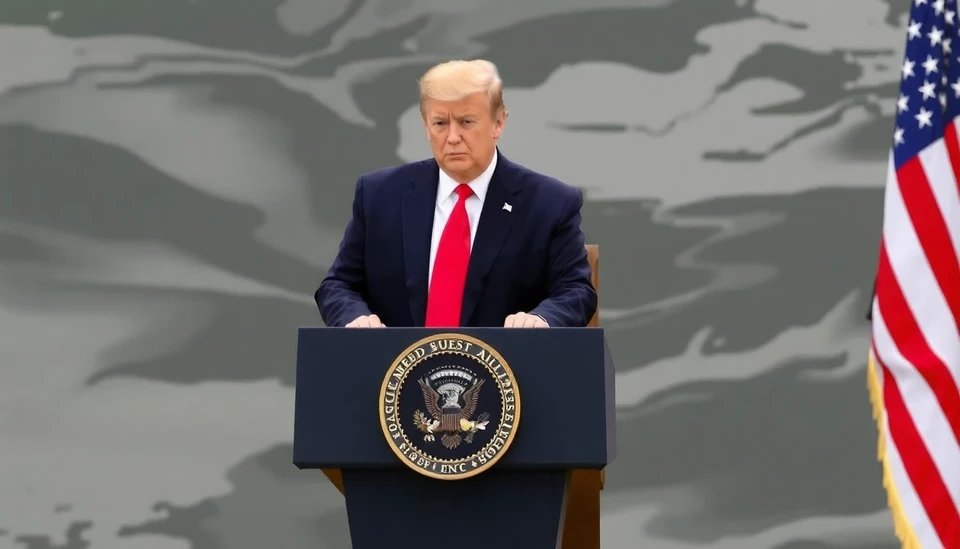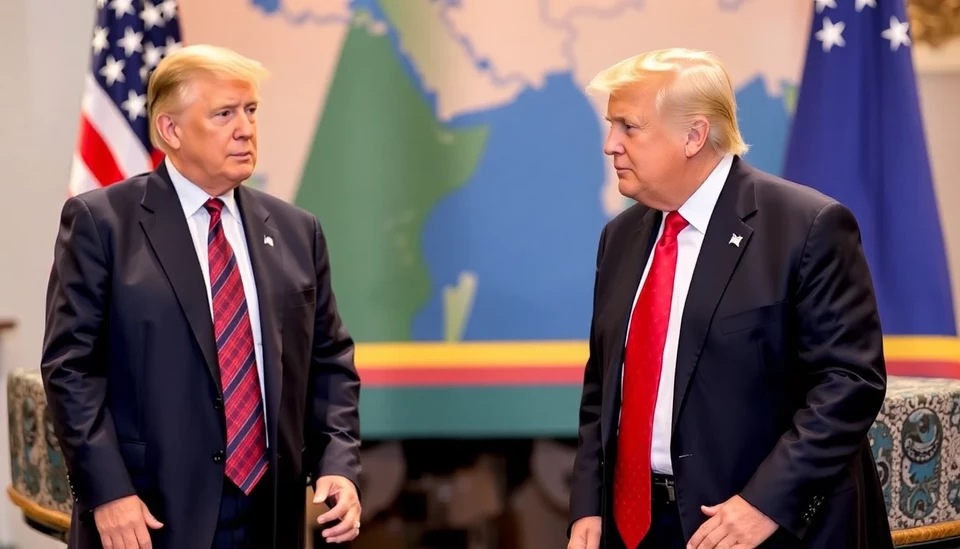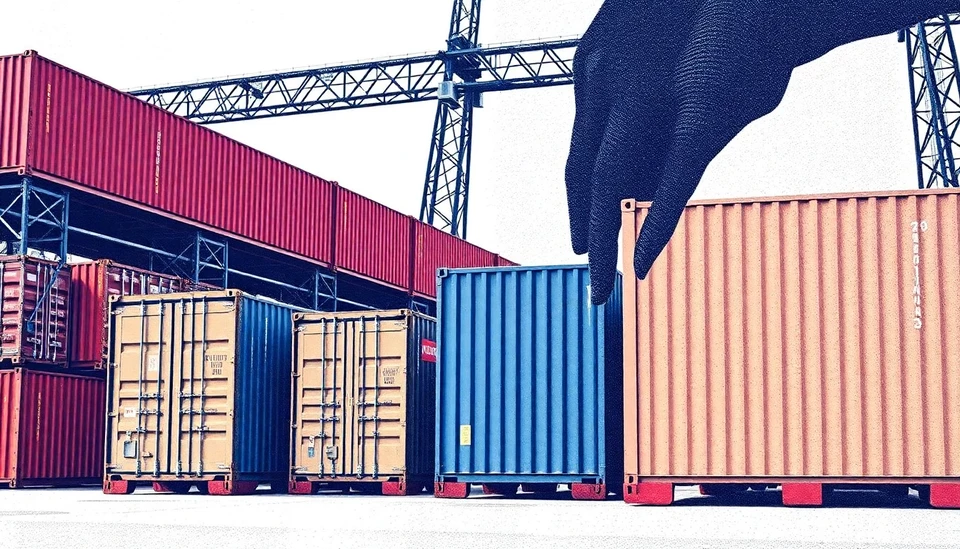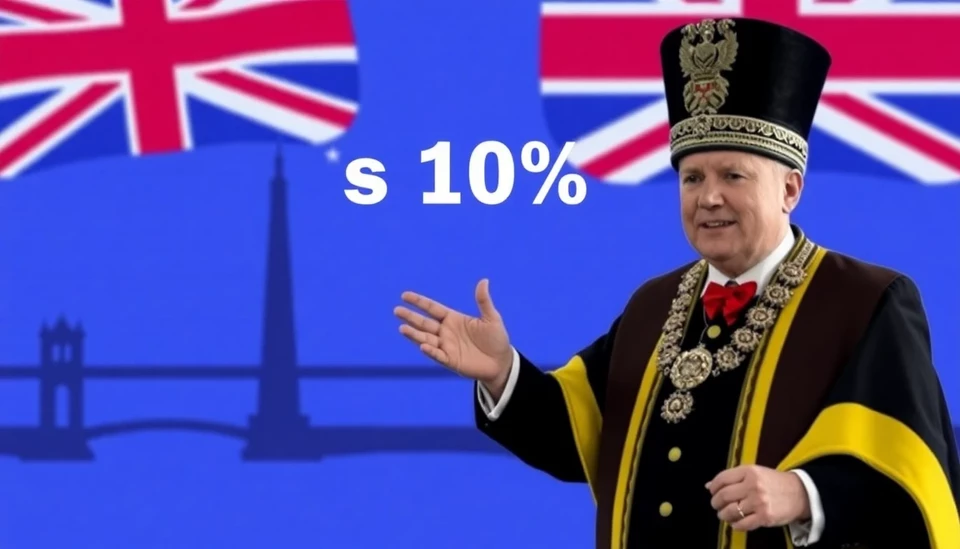
At the recent APEC summit, former President Donald Trump's comments emerged as a significant point of concern for global economic stability. His first mention during the summit, characterized as “not very good news,” underscores the potential ramifications of his political influence on international relations and trade practices.
During a crucial speech, Trump’s rhetoric suggested a possible return to the staunch protectionist policies he championed during his presidency. This has sparked apprehension among trading partners gathered at the forum, many of whom are closely monitoring how a potential Trump victory in the 2024 elections could reshape U.S. foreign policy and trade agreements.
Trump’s statements hinted at a renewed focus on America First policies, which may roll back decades of trade liberalization that have benefited both the U.S. and its Asia-Pacific partners. Such an approach raises alarms regarding tariffs, trade barriers, and diplomatic relations that have generally been stable under previous administrations.
Global leaders participating in the APEC meeting expressed unease over the implications of Trump's hints at a possible return to office. With the specter of rising protectionism, there are fears that a shift in the American approach could exacerbate existing tensions in international trade, particularly as nations are still recovering from the widespread economic disruptions caused by the pandemic.
Furthermore, Trump’s remarks were perceived to challenge the collaborative spirit of APEC, which traditionally aims to promote free trade and economic cooperation among Pacific Rim countries. His comments served as a reminder of the unpredictability that U.S. political dynamics can introduce into global economic dialogues.
As the summit progresses, leaders will likely strategize on how to navigate potential shifts in U.S. trade policies while reinforcing their own economic ties. The conversation around trade, regulation, and climate change remains critical as countries seek to foster sustainable growth in a volatile political landscape.
Observers are now left weighing the consequences of Trump’s rhetoric against the backdrop of a complex global economy, particularly as nations strive to maintain partnerships and agreements that may be threatened by a possible shift in U.S. governance.
In conclusion, the implications of Trump’s remarks at APEC could resonate far beyond the immediate summit, signaling a need for international leaders to rethink their economic strategies in light of unpredictable political outcomes. The specter of protectionism looms large, leaving many to ponder what a prolonged period of uncertainty might mean for the future of global trade.
As tensions mount and the importance of strategic alliances becomes even clearer, all eyes will be on the shifts in diplomatic discourse leading up to the next U.S. presidential elections and beyond.
#Trump #APEC #GlobalEconomy #TradePolicy #InternationalRelations #Protectionism #2024Elections #AmericaFirst
Author: Daniel Foster




